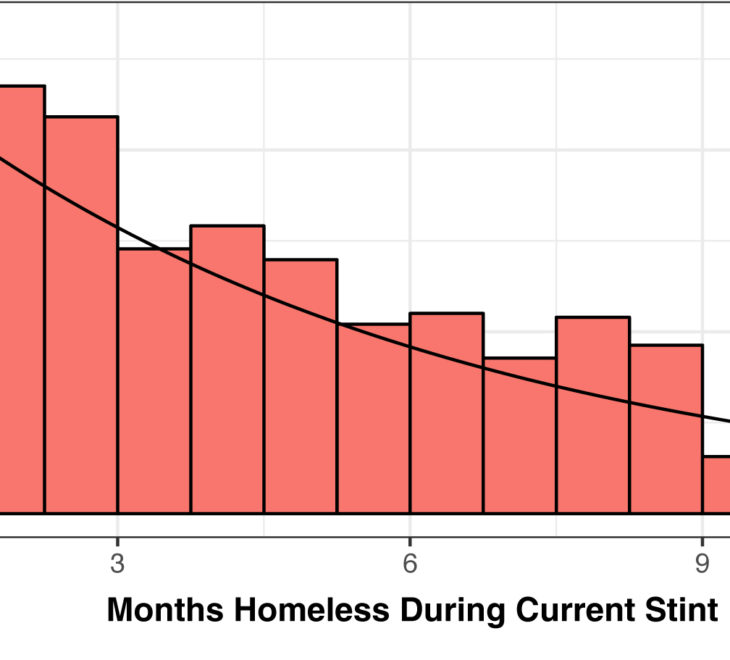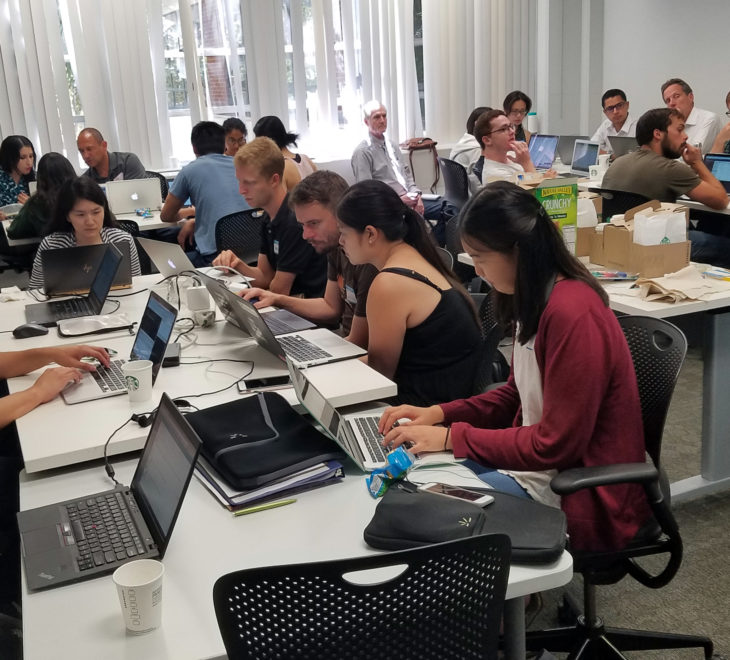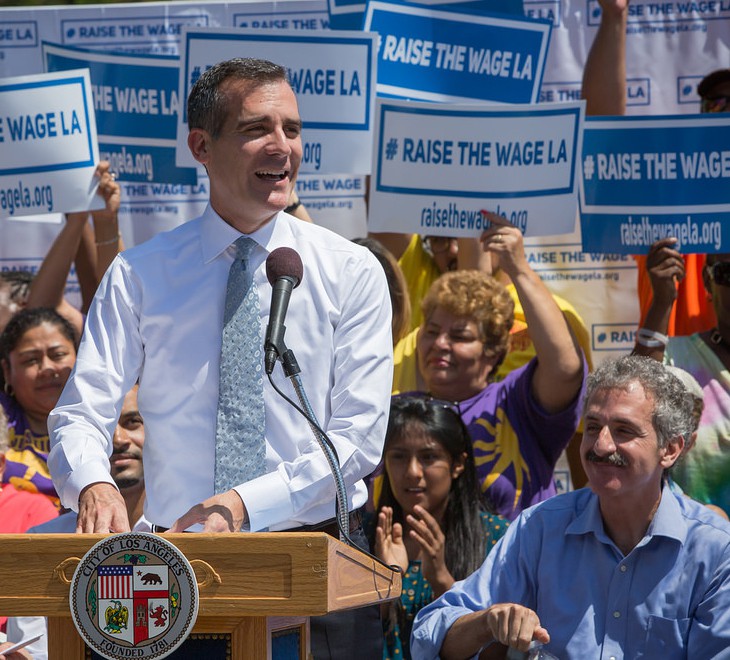Study shows how extending unemployment insurance to education workers each summer will benefit over 80,000 struggling families and bring $187.3 million in additional wealth to California
LOS ANGELES, CA – When schools across the Golden State close for summer vacation, happy children pour out of classrooms into the sun for the warm months. However, for many adults who work to keep the schools clean and the students fed, summer is a cruel time when there’s no income. This is because classified education workers – teaching assistants, janitors, special education aides, cafeteria workers and others who support student learning and keep our K-12 schools running – are not eligible for state unemployment insurance (UI) while school is on recess and work is not available. The Economic Roundtable’s report, Cruel Summer, outlines the economic impacts of extending unemployment benefits to public K-12 classified workers in California.
“My family lives on the edge every summer,” says Special Education Assistant Esmeralda Torres. “And I wonder every year if I can afford to stay at the job I love. In the summer, I apply at all the local restaurants and shops – no one wants to hire me for such a short time. We borrow money and try to hang on to our home until September.”
Schools’ certified employees – administrators, teachers, librarians and nurses – earn middle class incomes and benefits that can last through the summer recess. However, schools’ classified workers struggle to support their families with incomes that are often inadequate to pay for food, housing and health care. Frequently, one or more of these basic needs is not adequately met. The median annual earnings of classified workers in 2012 was only $20,700, well below self-sufficiency standards. During the 2012-13 school year, there were over 284,000 of these education workers employed by public school districts across the state.
“Many classified employees fall into the category of ‘working poor,’” said report author and Economic Roundtable Senior Researcher Patrick Burns. “Too often they rely on food stamps and other forms of public assistance. The current system falsely assumes a cafeteria worker is just as able to survive without a summer paycheck as a school principal. The State Legislature and Employment Development Department (EDD) can help address this problem by making classified workers eligible for unemployment insurance.”
Three-quarters of California classified education workers employed in public school districts are women, and two-thirds have some level of college education, including 16 percent who have a college or graduate degree. A third of classified workers have children in their homes whom they support. A third are the sole income earners in their households. Twenty-five percent of all classified workers live in housing that is rent burdened, overcrowded or both. ‘Rent burdened’ households pay more than 30 percent of their income for housing expenses, such as rent.
Across all California public school districts, we project that classified education workers would claim over $153.1 million of benefit payments if eligible for UI. The additional $153.1 million in the pockets of classified workers would positively impact the state’s economy. Added spending by these workers would stimulate $187.3 million in sales for California businesses, and in the process would support over 1,100 year-long jobs at retail and grocery stores, repair shops, restaurants, doctors’ offices, movie theatres and other businesses. The beneficial economic impacts would include $118.2 million of value-added activity by California businesses, as well as a $12.1 million boost to state and local tax revenues.
The poverty rate for classified education workers employed in California public school districts – and therefore for those in their households who depend on them – is 9 percent. If UI eligibility is extended to classified education workers, their UI benefit amounts would range roughly from $49 to $138 per week, or from $350 to $986 for the average school recess period. This additional income would increase workers’ typical household incomes by 3.5 to 5.8 percent,
“Nearly half of the classified employees working in the Los Angeles Unified School District – the largest school district in California – are parents. Working at their neighborhood school – often the one their children attend – is not just a job. They’ve committed their lives to creating safe, happy, and supportive learning environments. We must ensure that their dedication is not penalized with an endless cycle of debt and poverty,” said Max Arias, Executive Director of SEIU Local 99, a union representing more than 30,000 classified school workers. “School jobs need to be good jobs. We must improve wages, increase full time work, expand summer school and ensure school workers have access to unemployment benefits when they need them.”
Five key findings from this study document the acute need of Unemployment Insurance benefits for classified school workers while they are unemployed over the summer break and the returns for California from providing those benefits:
- More than 284,000 education workers do not receive income during summer months when school is out of session.
- Almost ten percent of school workers live in poverty, more than in most other California industry sectors. Many are women with children in their household. A third are sole breadwinners for their family. A quarter struggle to pay for rental housing.
- Expanding California’s state unemployment insurance program to cover classified school workers would provide an additional $153.1 million in income for them, stimulating economic activity that would create an additional $187.3 million in wealth for the state.
- Every dollar paid in unemployment insurance would generate $1.22 in economic stimulus for California.
- Public coffers would receive $12.1 million more in state and local tax revenue.
The full study is available for download in our publications section.
Contacts:
- Patrick Burns – patrickburns@economicrt.org – (213) 892-8104 x203
- Blanca Gallegos – bgallegos@seiu99.org – (213) 500-9594
###
The Economic Roundtable is a nonprofit public policy research organization based in Los Angeles, California. We have a successful record of providing constructive policy research assistance to public sector agencies since 1991. Before that the Economic Roundtable was a research unit in the Los Angeles County government.













